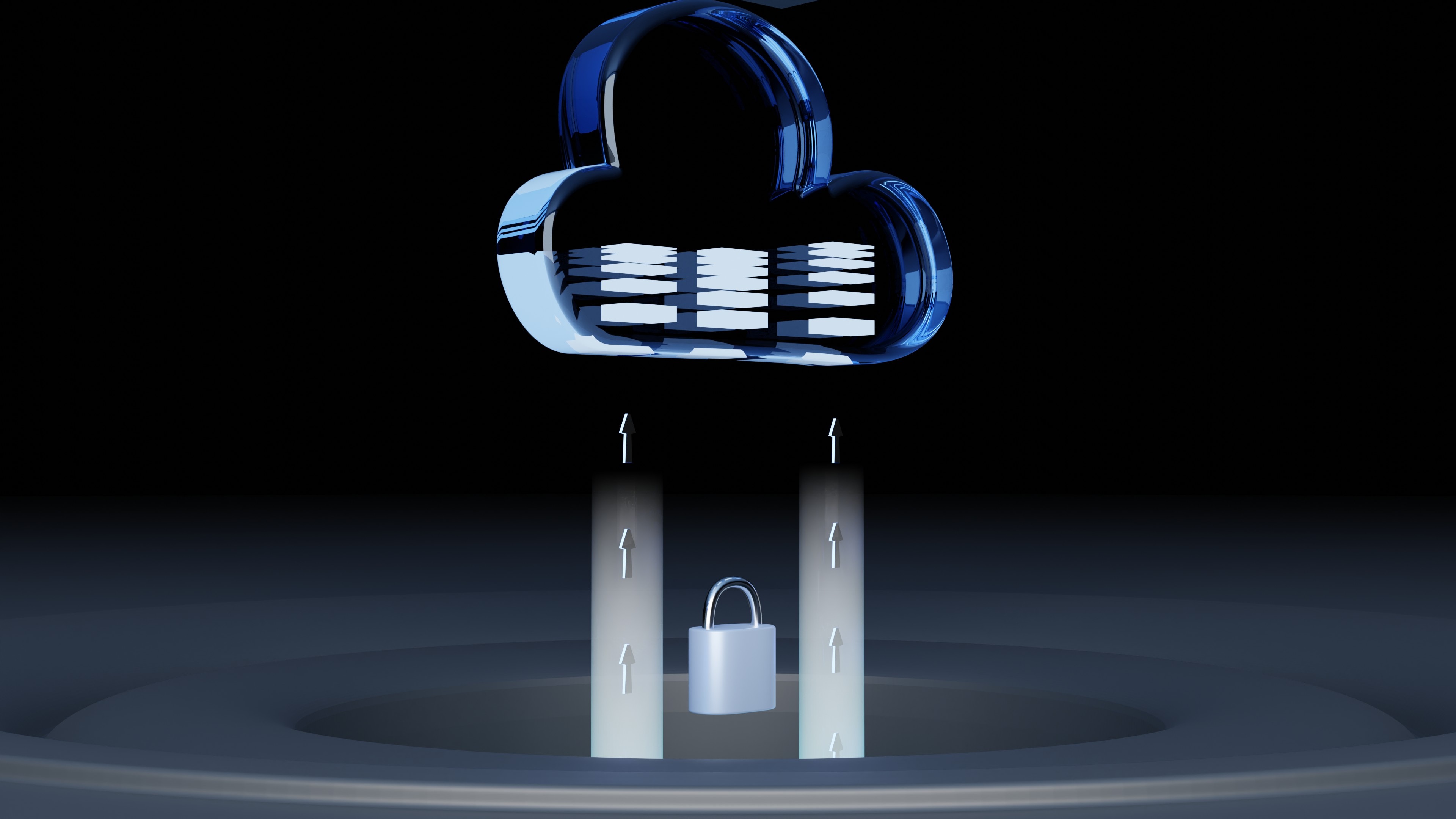
Security Compliance and Audit
Compliance is complex; Compliance is for enterprises and large organisation; Compliance is time consuming ;
Lets break this myth. Cyberdefencepro team educates our customers on the importance of compliance for your orgaisation , irrespective of the industry.
Tightening security measures has become a top priority for businesses of all sizes and industries. With the ever-increasing threat of cybercrime, companies need to ensure that their data, systems, and networks are secure from potential breaches. This is where compliance audits come in - these procedures provide an objective evaluation of an organization's policies, processes, and controls to determine whether they are compliant with industry standards and regulations. In this blog post, we will delve into the world of security compliance and audit - exploring its importance, who is responsible for it, how often it should be performed, as well as tips for conducting a successful audit. So buckle up your seatbelts because we're about to take you on a cybersecurity journey!
Security Compliance
Security compliance is the process of ensuring that an organization's security policies, procedures, and controls comply with industry standards and regulations.
Compliance helps companies minimize their exposure to risks such as cybercrime or data breaches while also providing a framework for managing security incidents.
Compliance requirements can vary depending on the industry or region in which a company operates. However, some common types of compliance frameworks include HIPAA (Health Insurance Portability and Accountability Act), PCI-DSS (Payment Card Industry Data Security Standard), ISO 27001/2 (International Organization for Standardization), and NIST (National Institute of Standards and Technology).Achieving security compliance requires comprehensive planning, implementation, and monitoring of policies, processes, technology solutions, employee training programs, incident response plans. Organizations must continually assess their risk profile to ensure they remain compliant with changing regulations.
While achieving security compliance may seem daunting at first glance - it is essential for protecting sensitive information from unauthorized access. By implementing robust IT infrastructure frameworks like firewalls or encryption methods amid other steps will help ensure an organization meets its cybersecurity obligations successfully.


© Cybex is Proudly Owned by HiboTheme


